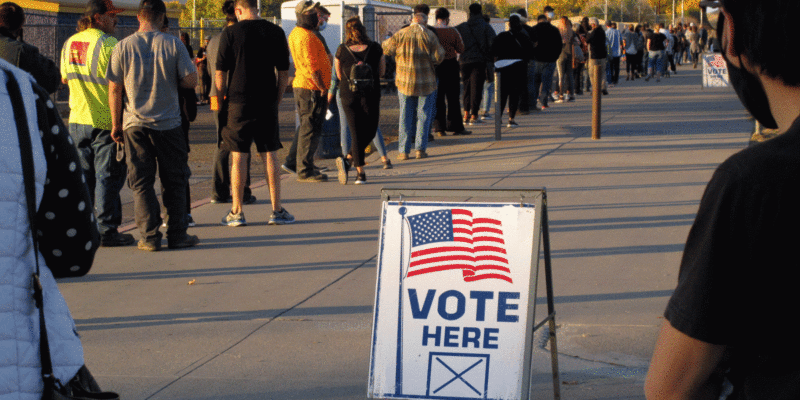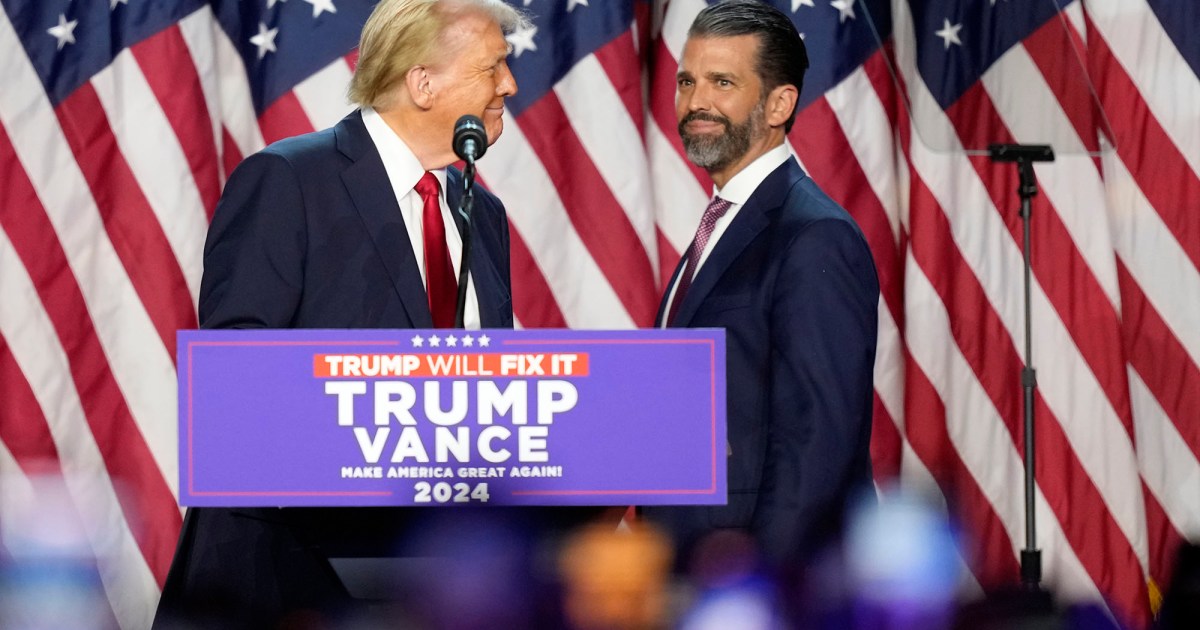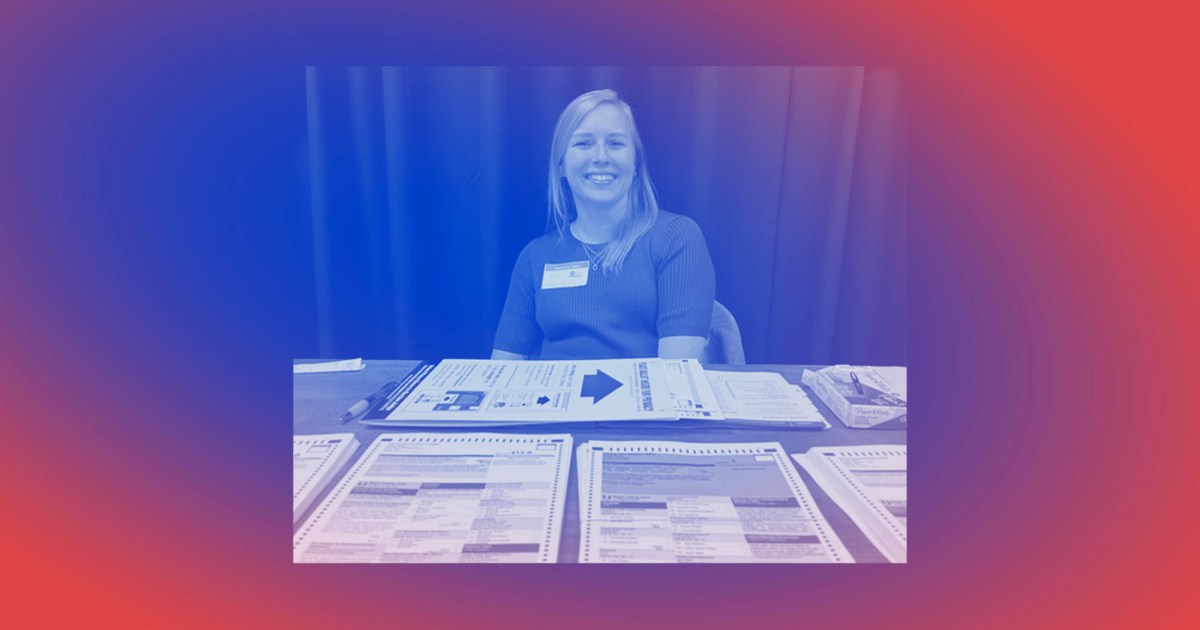
Nevada State Democratic Party officials are fuming over a draft proposal from the Democratic National Committee that would allow the DNC to hand over a crucial party asset—data files on Nevada voters—to candidates or local Democratic organizations without the state party’s consent. In what looks like another conflict between progressives and the Democratic establishment, officials of the state party, which is led by an insurgent group of Bernie Sanders supporters who wrested control of the party earlier this year, believe the new rule targets them. They consider it an effort to assist a shadow Democratic operation affiliated with Harry Reid, the former Senate majority leader who remains a powerbroker within Nevada.
The angst has been triggered by a new data-sharing agreement between the DNC and its state parties that governs the use of voter file data, the bedrock upon which campaign organizing and get-out-the-vote efforts are built. Nevada state party officials have raised concerns about a provision that outlines dispute resolution in the event a candidate and a state party disagree over access to the voter file. This doesn’t happen often. But occasionally, a Democratic candidate or committee will request access from a state party for voter data files that are developed jointly by the state party and the DNC, and the state party will say no.
According to the draft circulated to state parties and obtained by Mother Jones, in the case of a dispute that cannot be resolved through mediation, the DNC chair may authorize the national party to provide the campaign base voter files for that one election cycle. Base data is a stripped-down version of the voter files maintained by state parties; this data is kept by the national party. The draft also says that candidates may request that the DNC chair provide this voter file access to a county or other local party committee.
The data-sharing relationship between the state parties and the DNC—which the national party negotiates with the Association of State Democratic Committees—is complicated. In general, a state party gathers basic voter data that is publicly available and usually obtained from the secretary of state (names, addresses, and whatnot) and provides that information to the DNC. The national party then uses data firms and vendors to augment the data (by adding email addresses, phone numbers, and other information) and clean up the data and ensure it’s current. The DNC also organizes all this data on a platform that campaigns can use to track voters, and it pays for this platform and provides it to the state chapters. State parties, which can add their own proprietary information (say, the political preference of a voter, if known) to the files, control access to these databases. The state party in every state, with the exception of California, is part of this process, under which the national party covers much of the cost of maintaining voter data files for the states. (Years ago, California opted to run its own data operation.)
The new data rules replace the existing data resolution process, which requires deliberations by a four- or five-person oversight committee, not just the DNC chair. Resolutions must be agreed upon by a majority of three members and are non-binding, which can lead to a situation without an ultimate resolution.
The DNC reviews the data-sharing arrangement every four years or so, and the change to the dispute resolution process had been partly prompted by a conflict that arose during the 2020 reelection campaign of former Sen. Doug Jones (D-Ala.), who lacked access to the state voter file for much of the campaign because of a poor working relationship with the state party, according to a person familiar with data agreement. “The Jones campaign was working off an Excel spreadsheet for a while,” this source says.















